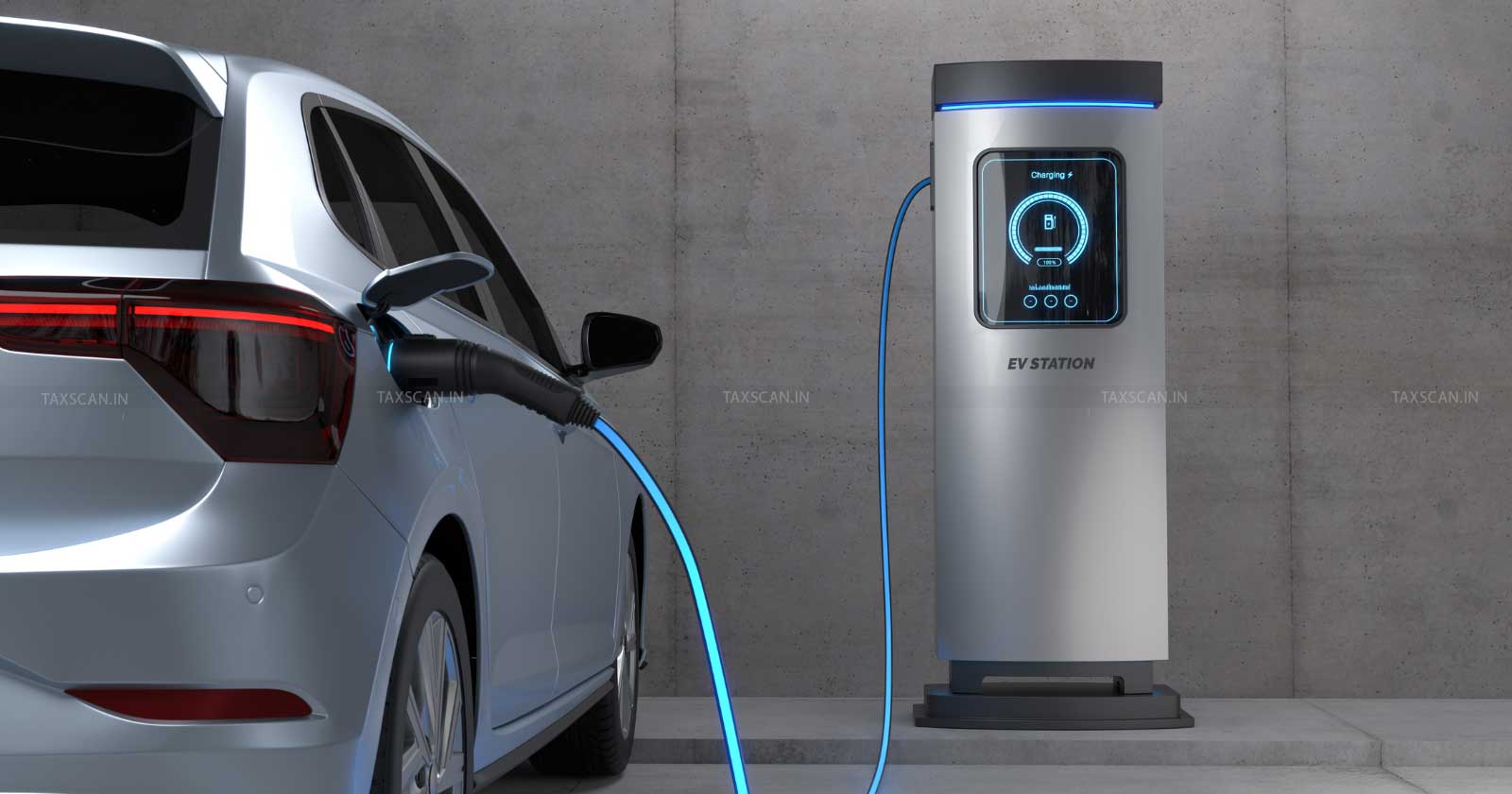FICCI urges GST cut on EV Batteries and Charging to Promote Affordability
FICCI seeks to lower GST on EV batteries and charging to make them more affordable as tax changes may be discussed in the next GST Council meeting

The Federation of Indian Chambers of Commerce and Industry ( FICCI ) requested the government to reduce GST on electric vehicle ( EV ) batteries and charging services to make EVs more affordable and boost their adoption. Sulajja Firodia Motwani, Chair of FICCI’s Electric Vehicle Committee, pinpointed the need for these changes during the FICCI National Conference on EVs, saying it would help the industry grow and make EVs more accessible to consumers.
According to Business Standard, EVs are taxed at 5% but replacement batteries and charging services are taxed at 18%. Motwani called this a major hindrance for the EV industry, and seeks the government to lower the GST on these components to match the 5% rate for EVs. "Reducing taxes on batteries and charging stations will bring down costs for consumers and encourage more people to switch to EVs," she said.
Become a GST Pro - Basic to Advanced Course
Motwani pointed out that lowering taxes on essential EV components like batteries and charging infrastructure is important for reducing the overall cost of owning an EV. The GST on lithium-ion batteries was reduced from 18% to 5% in 2022, industry leaders believe further tax cuts are needed to support the growing EV market and energy storage advancements.
Motwani also talked about improving the PM Electric Drive Revolution in Innovative Vehicle Enhancement (PM E-Drive) program which was launched on October 1, 2024 with a budget of Rs. 10,900 crore for two years. The scheme focuses on promoting EV adoption and building charging stations across India.
Become a GST Pro - Basic to Advanced Course
She suggested increasing the financial support under the program to meet the growing demand for EVs and ensure more vehicles qualify for incentives.
To make EVs more affordable for the middle class, Motwani proposed classifying EVs under priority sector lending. This would allow consumers to access cheaper loans for purchasing EVs helping a larger number of people transition to electric vehicles.
Upcoming GST Council Meeting
The 55th GST Council meeting, scheduled for December 21, 2024, in Jaisalmer, is expected to focus on tax relief for health and life insurance premiums and lowering GST on goods like bottled water and student notebooks. A Group of Ministers (GoM), led by Rajasthan’s Finance Minister Choudhary, has suggested lowering GST on items like bottled drinking water and student notebooks from 12% to 5% and luxury and “sin” goods might face higher taxes to balance the overall revenue, which has fallen below the target of 15.3%.
The GoM includes finance ministers from Kerala, Uttar Pradesh, Karnataka, West Bengal, and Rajasthan, showing agreement among states on the need to simplify and adjust the GST structure. Currently, GST has four tax brackets: 5%, 12%, 18%, and 28%. Essential goods are either exempt or fall under the lowest tax rate, while luxury and sin goods are taxed at the highest rate, often with an extra cess.
Become a GST Pro - Basic to Advanced Course
While discussions on EV-related tax cuts are not confirmed for this meeting, the council is likely to revisit the matter in future sessions to support the growing EV sector.
FICCI’s push for these tax reforms is in line with India’s goal of promoting cleaner, greener transportation. By making EVs more affordable and accessible, the government can drive the adoption of electric mobility, reduce carbon emissions, and create a strong EV ecosystem in the country.
Support our journalism by subscribing to Taxscan premium. Follow us on Telegram for quick updates


